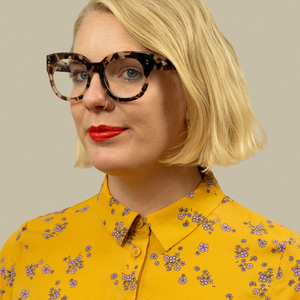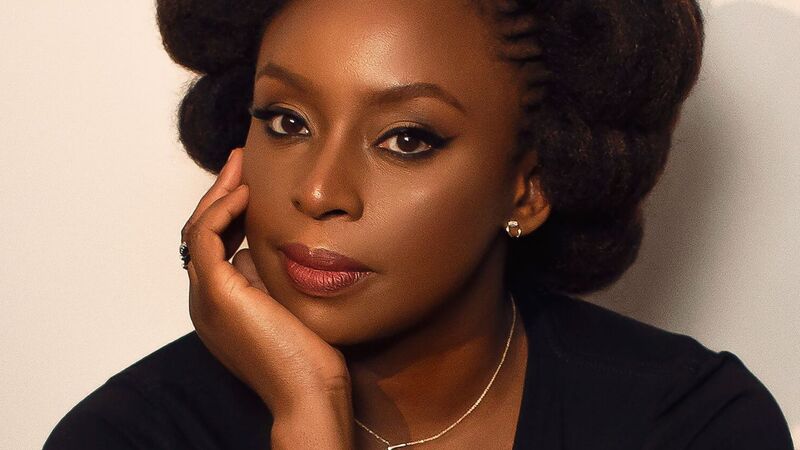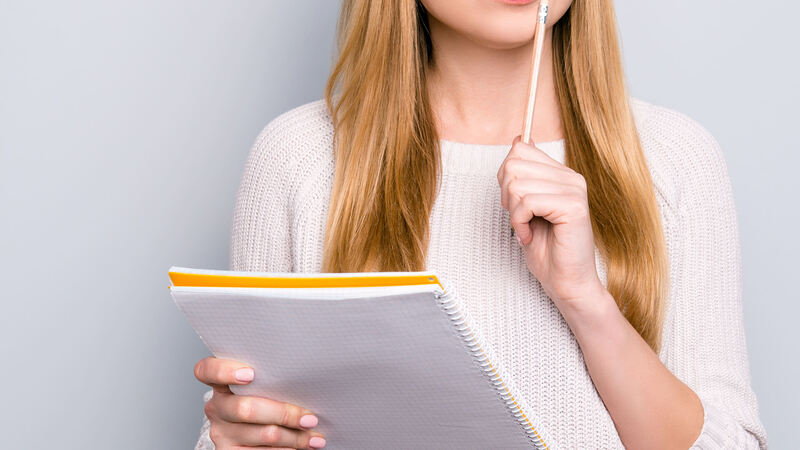You are viewing your 1 free article this month. Login to read more articles.
Author economics
It is harder than ever for writers to make a living in this economy. Can musicians lend us some ideas?
I have recently been fascinated by Lily Allen’s honesty on her podcast "Miss Me?", which she hosts alongside her best pal Miquita Oliver. The pair of them are no-holds-barred around many things (sex, love, relationships) and I think their conversation lends itself to the 30-minute podcast format. As a former podcaster myself, I have always found the medium allows for more nuance and openness. It is as though you are one-on-one with the listener.
I often associate Allen with Christmas. After all, she sang the viral cover tune "Somewhere Only We Know" on the 2013 John Lewis advert "The Bear and the Hare", which has 57 million streams on YouTube to date. On this week’s podcast, she tells listeners she did not earn any money from doing the advert and that her managers pushed her into it. Of course, Keane—who wrote the original song—benefited financially. But I think Allen’s point was that ‘eyeballs’ doesn’t always equate to ‘money’.
Musicians have always struggled to make money, it seems, unless you’re a huge star, and people have recently been speaking out about the shocking truth of how little money the average musician makes on tour. On an episode of "Sidetracked" (another podcast that unpicks the music industry, hosted by Nick Grimshaw and Annie Mac) the musical guest CMAT said that many musicians have to fund their tours themselves. So, how does a musician go about funding their career?
There are so many parallels here with publishing, with many authors I know having to fund their own book tours; the Guardian’s coverage of authors footing the marketing and publicity costs themselves backs this up.
I make hardly any money from book royalties (the books I work so, so hard on) and these days earn much more from Substack (a subscription platform)
Allen has also spoken recently about how she earns more money from posting pictures of her feet on OnlyFans than from her music streams on Spotify (she currently gets around eight million streams a month.) It looks like artists earn around $0.003 to $0.005 per Spotify stream. Another source told me that it also depends on who you are, and how much clout you have. For example, Beyonce is probably on a better deal than that.
I am writing about this now because Kate Nash has hit the news after announcing that she is funding an upcoming music tour via OnlyFans. This has had a big, and mixed, reaction, with some people congratulating her for making it work, and others expressing concern at this "cheapening" of her creative output. Her response? "Aren’t you sad that music has little to no value?" It is interesting to note that 70% of the creators on OnlyFans are women.
Musician James Blake is trying out a new platform called Vault, which allows artists to make music directly for their fans, after many artists realised that distributers like Ticketmaster own literally all the data.
Like Allen, my set-up is similar. I make hardly any money from book royalties (the books I work so, so hard on) and these days earn much more from Substack (a subscription platform). It is not a bad system for me personally, but it begs the question of why these larger systems are failing many of the authors and musicians I speak to. The people sitting at the top of the big pyramid are presumably making tons of money, and yet the the average author makes £7,000 a year and half of UK musicians earn less than £14,000 a year. Plus, the way people consume "content" (shudder) has changed enormously, so things aren’t selling in the same way or format as they used to.
This is why subscriptions are working for people currently, because you only need 1,000 true fans, or fewer, to make a great income stream. You can handle it all yourself and you are directly paid. It is empowering. The other parts of the industry are burning so many artists out. I do not judge anyone from using subscription platforms in a way that suits them. The problem is, the issue still remains: it is easier to gather subscriptions if you already have a bigger audience.
I don’t know what the answer is. Will making art always have to be a side hustle? Will other artists, musicians and authors speak up about this? Will Substack or Patreon or OnlyFans or Vault continue to grow and succeed for those who can make it work? I do not know.
Either way, directly supporting your favourite creators of music, words and art has never been more crucial.
A Year of Nothing, a two-book special by Emma Gannon, is out on limited release until 1st December, through the Pound Project, for £13.99.
















